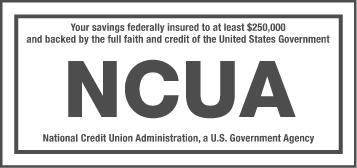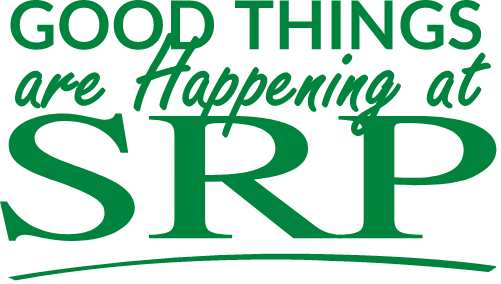After the Storm: Safeguarding Against Fraud & Scams Post-Natural Disaster
Disasters can bring out the best in people, but unfortunately, they can also attract scammers looking to exploit vulnerable individuals. They prey on emotions like fear, uncertainty, and loneliness, turning the chaos of a natural disaster into an opportunity for fraud. Here's a guide to common scams and how to protect yourself after a hurricane or other disaster.
Common Scams to Watch for After Natural Disasters
Unlicensed Contractors
After a disaster, fraudulent contractors may offer repair services. They often approach homeowners with promises to fix roofs, remove fallen trees, or clean up water damage but avoid written contracts and insist on full payment upfront. Protect yourself by always checking credentials, get multiple quotes before signing a contract, speak with your insurance company for recommendations and never pay in full upfront. Fraudulent contractors often overcharge and disappear after payment.
Price Gouging
Some sellers may take advantage of the disaster by inflating prices for essential items like water, food, and building supplies. If you suspect price gouging, report it to your local authorities immediately.
Government Grant & Loan Scams
Be wary of anyone who offers to help you file for government assistance or loans—for a fee. Legitimate aid does not require upfront payment. Never give out personal information like your Social Security number or bank account details to strangers. Always contact government agencies directly for assistance.
Social Media Scams
Scammers may post in local social media groups pretending to offer assistance or sell high-demand products at unusually low prices. Avoid clicking links or engaging with unknown individuals on social platforms, especially through private messaging apps.
Fake Charities
Fraudsters often pose as charitable organizations in the wake of a disaster, soliciting donations. Always verify the legitimacy of a charity before donating. Do your research, and donate through trusted, official channels.
Phishing Emails & Texts
Be cautious of emails or texts claiming to be from relief organizations, government agencies, or even your bank. Scammers will try to steal personal information through fake links. Never provide account details or codes sent to you by email or text.
How to Protect Yourself from Scams in the Future
Planning ahead is key to avoiding scams. Here are steps you can take to safeguard yourself before and after a disaster:
- Review Your Insurance Policy
Make sure your insurance policy is current and that you fully understand what it covers. This knowledge will help you avoid unnecessary services or fraudulent claims. - Vet Contractors in Advance
Know who to call before you need to call. Ask friends and family for trusted recommendations. Search for contractors online and look for any red flags like scams or complaints. Read reviews, paying close attention to consistency and recency. Be cautious of sudden influxes of reviews which can indicate fake reviews. - Confirm Credentials
When hiring a contractor, choose only licensed and insured professionals. Verify their license with your local government or the Labor Licensing Regulation (LLR). Always ask for identification, proof of insurance, and references. - Research Online Sellers
Before purchasing anything from an online ad, especially if it seems like a great deal, visit the company’s official website to ensure its legitimacy. Avoid deals that seem too good to be true. - Be Careful with Payment Methods
Avoid paying in advance, especially via cash, gift cards or wire transfers. Insist on a written contract detailing all services and prices. Never sign contracts with blank spaces. When possible, pay by credit card for added protection after the work is completed.
Reporting Fraud and Scams
If you encounter fraudulent activity, report it to the appropriate authorities:
- FEMA Investigations and Inspections Division:
- Email: StopFEMAFraud@fema.dhs.gov
- Phone: 866-223-0814
- Mail: 400 C Street SW, Suite 7SW-1009, Mail Stop 3005, Washington, D.C., 20472-3005
Additional Resources:
- State Consumer Protection Offices: https://www.usa.gov/state-consumer
- Office of Inspector General Hotline: https://www.oig.dhs.gov/hotline
- National Center for Disaster Fraud (NCDF): File a complaint https://www.justice.gov/disaster-fraud/ncdf-disaster-complaint-form
Identity Theft Recovery: https://identitytheft.org/
Stay Safe, Stay Informed
Scammers are always on the lookout for ways to exploit people during difficult times. By staying vigilant and informed, you can protect yourself from falling victim to their schemes. Make sure to share these tips with your loved ones and stay safe during and after a disaster.




